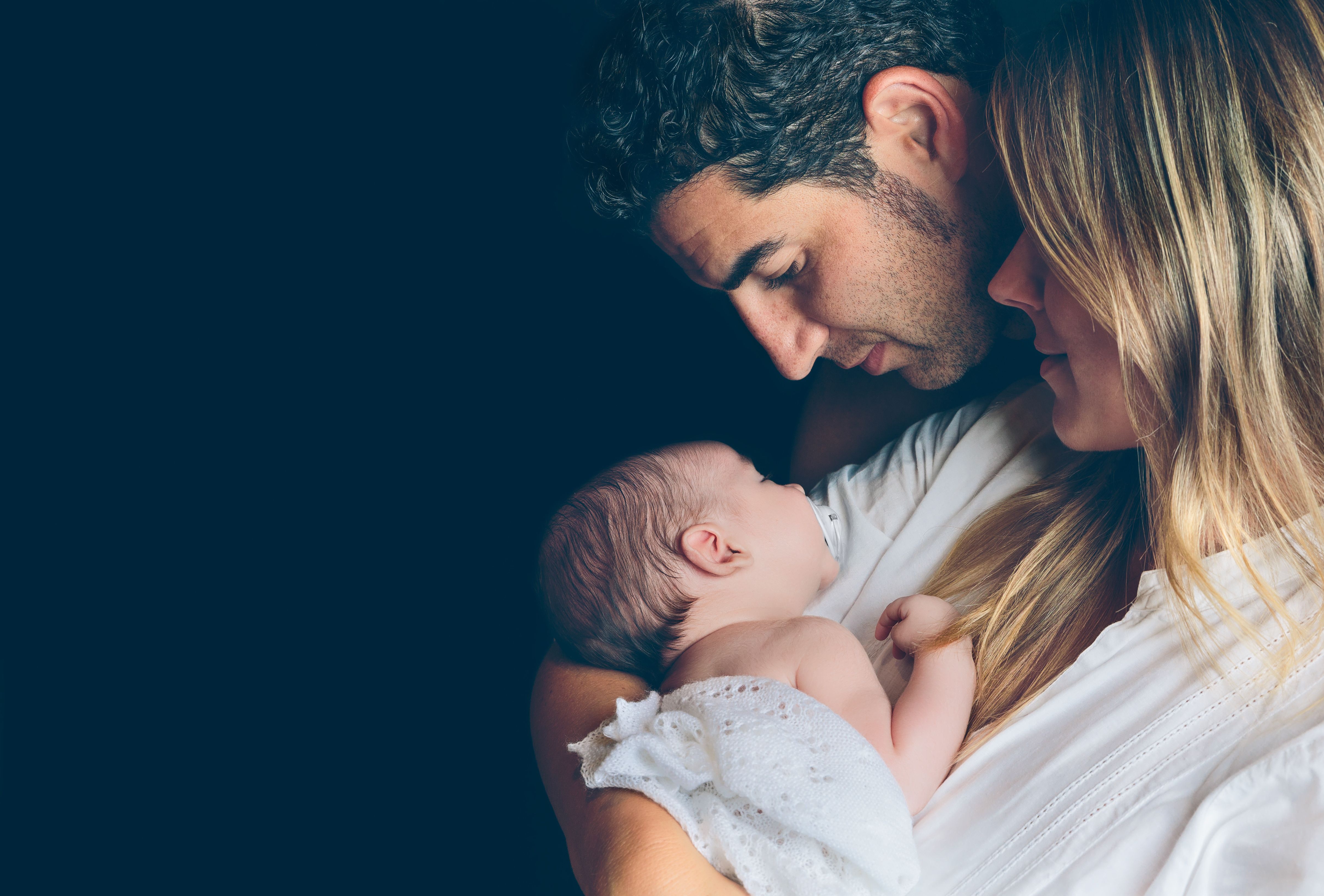Congratulations, Dad, you just had a baby! Be joyful! Having a baby is a beautiful occasion, but it is also overwhelming. Not only does it come with many emotions, but also with factors that make emotions more difficult to control, such as hormonal fluctuations (especially for moms), and sleep deprivation.
Moms are obviously affected by this wonderful change, but so is the entire family. It’s well known that adjusting to life with a new baby can be particularly difficult when a mother is struggling with post-partum depression (PPD). But what’s often not spoken of is how PPD can affect a new father who wants to support his wife while adjusting to responsibilities that come with parenthood himself.
Here are three things for you to keep in mind if your wife is combatting PPD.
It’s Not Your Fault, and It’s Not an Easy Fix
Nothing you did caused the onset of PPD. In fact, there are many factors that put a woman at risk for experiencing PPD that often occur long before the birth of a child.
Husbands and fathers frequently have an innate desire to fix a problem when it arises. While this tendency is good and usually motivated by love, it is important for new fathers to realize that PPD is not something that can simply be fixed. In fact, taking this approach can be harmful to new mothers. What is important is for fathers to simply be present to their wives and accompany them as they struggle. It is also important for the well-being of the entire family that fathers assist and encourage their wives to seek out mental health and medical resources to help treat PPD, which can be life-threatening.
PPD Sufferers Often Feel Guilty
Because each child born into the world is a gift from God, it is common for women suffering from PPD to feel guilty about struggling in the midst of such a joyous occasion. It is important to keep in mind that while the gift of a child is a beautiful experience, the responsibility that comes with such an immense gift can be challenging. As a father, you should remind your wife that having PPD is out of her control, and it doesn’t mean she lacks love for her family.
New Fathers Can Also Experience PPD
Mothers aren’t the only ones who can suffer from PPD. In fact, fathers can as well, with certain risk factors, like a prior history of depression or abuse, increasing the likelihood that they will. Like mothers, fathers should be encouraged to seek treatment, and it is vitally important that they get help from medical or mental health professionals for the sake of the entire family. PPD is nothing for you to be ashamed of!
We pray these tips can assist you as you embrace the call to fatherhood and that they help you fulfill your instinct to love and protect your family!

